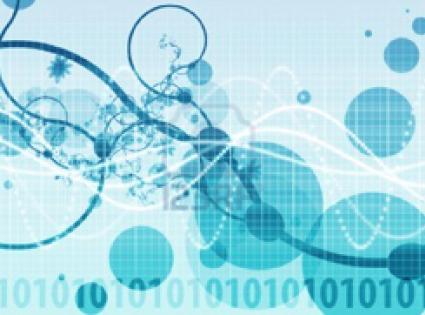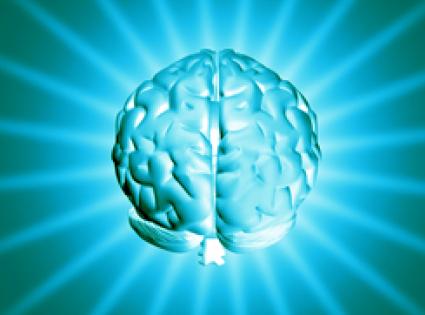Interuniversity Master
The Logic of Science
While there are many differences between modern science and philosophy, there are still a number of lessons in modes of thought that scientists can take from philosophy. Scientists' ideas about the nature of science have evolved over time, leading to new ideas about falsifiability, creativity, revolutions, and the boundaries and limits of what can be accomplished by different types of science.
- 00:00 - Chapter 1. Introduction
- 05:43 - Chapter 2. The Limits of Scientific Knowledge
- 12:56 - Chapter 3. Scientific Falsifiability
- 23:58 - Chapter 4. Scientific Revolutions
- 30:55 - Chapter 5. Post-Modernism
- 39:37 - Chapter 6. Creativity
Complete course materials are available at the Open Yale Courses website: http://open.yale.edu/courses







